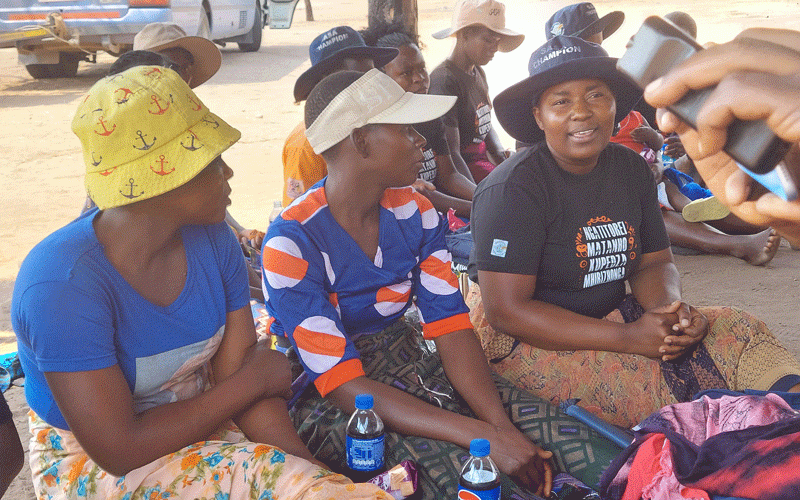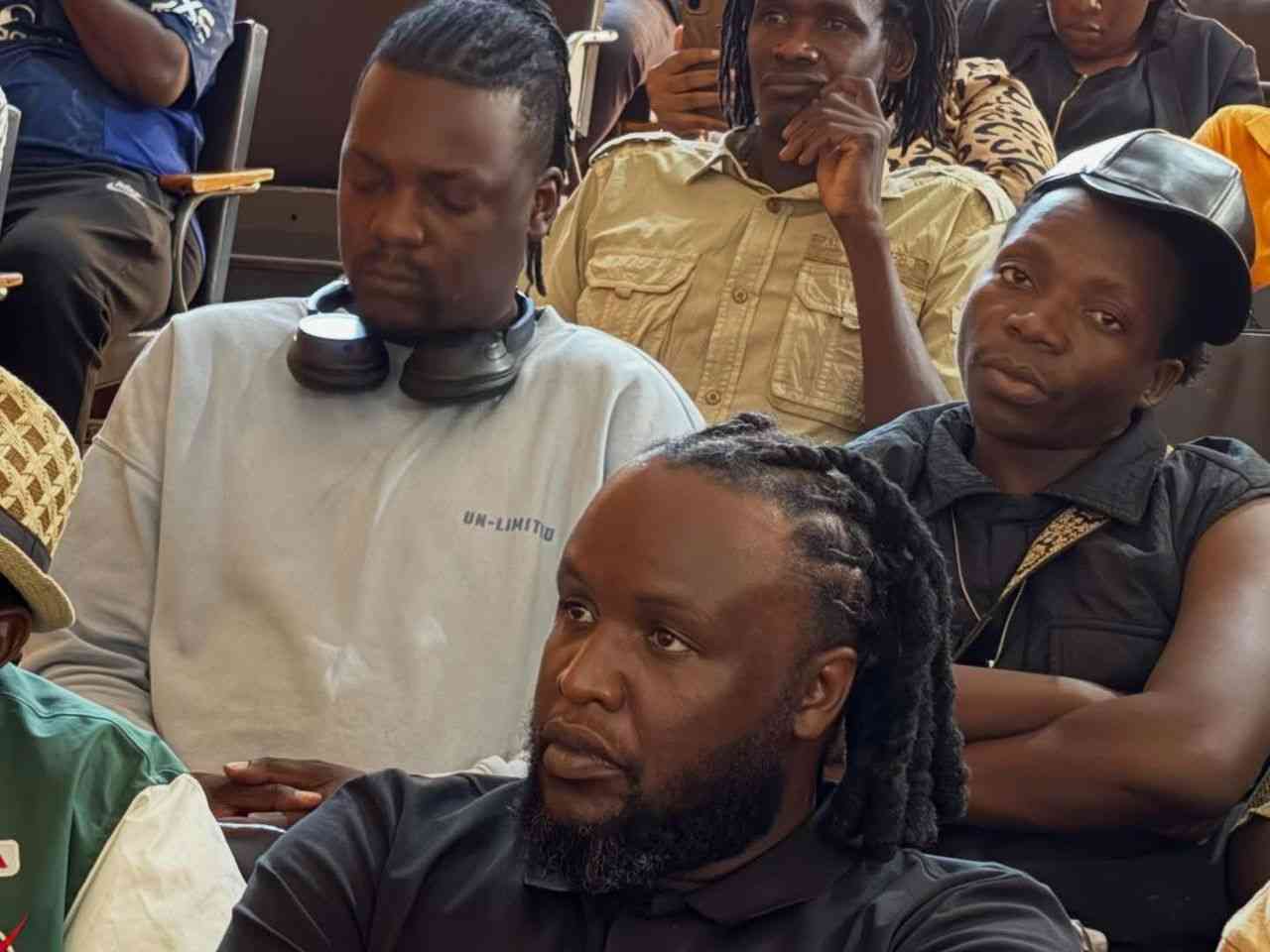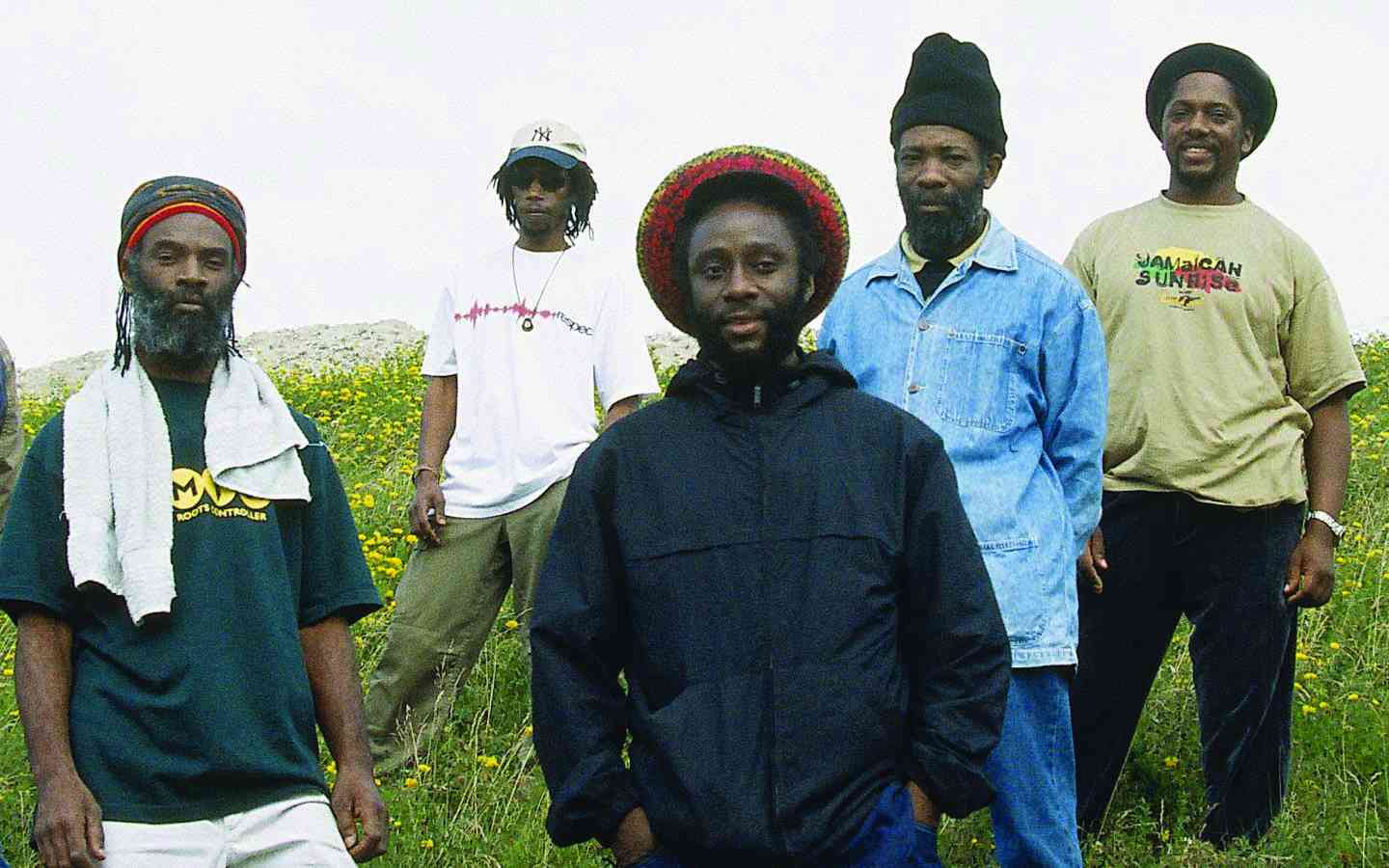
Impoverished women are providing sex in exchange for food as hunger bites due to the devastating effects of the El Nino-induced drought in Mbire district in Mashonaland Central province.
Zimbabwe is experiencing its worst drought in over 40 years, leaving 7,6 million in urgent need of food — and the situation continues to worsen.
Drought-prone communities like Mbire are the hardest hit.
Lately, there has been an increase in gender-based violence due to food-related stress, villagers said.
Men are also said to be taking food from their families to fund their alcohol habits and pay sex workers.
“The poor rains affected our harvest and although the government is giving us food, our husbands are taking the food from home to trade for alcohol and sex,” said Muteira Simu, a 29-year-old-woman from ward 3 in Mbire.
“On the other hand, some women, even married ones, are trading sex for food. This is causing lots of violence within families.”
Villagers conceded that the drought is pushing women and young girls into desperation, forcing some into sex work and early marriages.
- 3,7m queue for govt food aid
- Maize, mealie meal prices skyrocket
- Rights abuses surge as hunger bites
- Zim begins food aid distribution
Keep Reading
Polygamy, fuelled by religious sects and social pressures is also intensifying gender-based violence, HIV transmission and exploitation.
A leader of a religious sect in the area, Aaron Karomo, bemoaned the increase of sexual abuse of young girls attributing it to the impact of drought.
"Young girls are engaging in sexual activities before they reach the required age so they are being robbed of the choice to opt for using protection because they will be desperate for money, they would sell sex because of the drought effects," he said.
In the wake of an increase of child marriages, gender-based violence as well as HIV, the National Aids Council (Nac) and Katswe Sisterhood are implementing the Start, Awareness, Support and Action (Sasa) project, which empowers women through business initiatives and raising awareness about gender-based violence and HIV.
The project, which started in 2019, has bèen life-changing to the community, including men and Karomo shared his testimonial
"I used to be economically abusive, after harvesting our grains I did not share the money with my wife, after engaging with the SASA project, my family is happier and appreciate the visible change I bear," he said,
"I urge men not to be violent to women and allow women to have a voice and to respect their rights."
Katswe Sisterhood field officer Chipo Jongoro said the project started in five wards and is now in the final phases in two wards.
She said they were working with community groups to raise awareness on the continued fight against gender-based violence.
“We have been working with various ministries, traditional leaders, church leaders, youths and female leaders to continue in the fight,” Jongoro said.
“Sexual violence has been the most discussed, targeting girls and women on seeking testing and treatment facilities when they are involved in sexual violence.”
Claudius Musandaira, Nac’s district Aids coordinator for Mbire conceded that hunger was wreaking havoc and fuelling gender-based violence, sexually transmitted infections, including HIV.
"Some men are even stealing food from homes to sell so they buy alcohol as well as to pay off sex workers they engage with, at the expense of their families," he said.
“There is also the issue of drug and substance abuse owing to the accessibility of the viral tumbwa spirits.”
Musandaira said they were hoping to continue with the Sasa project on top of other HIV intervention programmes.
He said the HIV prevalence for Mbire was 6,6%.
As of 2020, 42% of women in Mbire district experienced physical or sexual violence according to Katswe Sisterhood.










